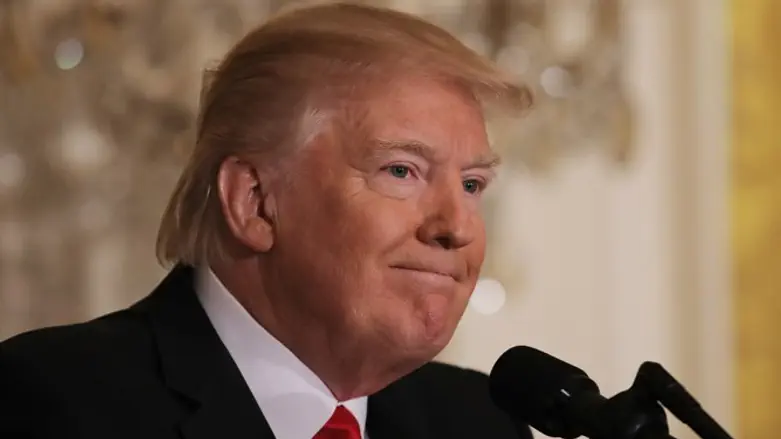
Efforts to resolve the crisis surrounding wage agreements of Foreign Ministry employees have not yet reached a consolidated document. This morning (Thursday), workers opened sanctions by which they cease to provide diplomatic services, and especially refrain from dealing with preparations for the upcoming visit of the US President to Israel.
Representatives of the Finance and Foreign Affairs Ministries, together with members of the Histadrut and the Executive Director of the Prime Minister's Office, met last night to reach agreements aimed at solving the labor dispute. Arutz Sheva learned that the Prime Minister himself was involved in formulating the agreements and spoke several times during the discussion with the Executive Director of his office to guide him how to proceed.
As part of the agreements, it was decided to implement the arrangement already reached with the Histadrut regarding wages of Israeli emissaries operating overseas.
But the workers, who have tired of promises, are not prepared to settle for a signed document. "Representatives of three government ministries gathered yesterday and agreed to implement a wage agreement at the Foreign Ministry. Employees who were absent from the meeting, who have heard enough hollow promises and charlatan management of labor relations over the past three years. We will wait for a signed document, and more than that, its actual implementation."
Hanan Goder, chairman of the Foreign Ministry workers' committee, told Arutz Sheva that the interim situation has not changed: "Were the agreements made over a mere handshake or even a wink and smile? There is nothing written. We are Israelis and the words are important, but we want to see things written. This discussion took place without us. We hear only reports about the agreements."
Meanwhile, your sanctions, as you threatened at the beginning of the week, have begun.
"True, we are not dealing with Trump's visit or bringing Chinese workers to Israel. Let's be honest, keep us informed in an orderly fashion. You've kept us waiting for three years. The point is that Israel's foreign service is collapsing. New people do not come and others leave. We beg students to work for two-thirds of a salary to run the office and people don't come."
Goder argues that with proper effort, Israel's political achievements could be much greater. "What did we achieve at UNESCO? A result of 22 against us and 10 for us. What would happen if the state invested in resources, positions, and attention to manpower? If you invest money in roads you will reduce road accidents; if you invest money in education - literacy will rise. If you invest in Israel's foreign relations, our achievements will be significant, even at UNESCO. We shouldn't wait for crises. Are Israel's foreign relations my private problem? They're all of our problem."
He adds that the ministry's employees also require a full-time minister. "We need a full-time minister, who twice a month will get up and go to Togo, to Papua, and Australia - and not because I'm scornful of the Prime Minister, on the contrary. He's just busy with a lot of things and someone has to deal with the ministry."